Main Sponsors
-
 Reiso Pécs
Reiso Pécs -
 Hotel Lycium****
Hotel Lycium**** -
 Pécs ZOO
Pécs ZOO -
 http://www.mecsekegyesulet.hu/
http://www.mecsekegyesulet.hu/ -
Doro Ékszer
-
 Hetényi Pincészet
Hetényi Pincészet -
 Zsályaliget Élménypark
Zsályaliget Élménypark -
 Fabrik Barkács Szaküzlet
Fabrik Barkács Szaküzlet -
 Katica tanya
Katica tanya -
 E.ON Hungary
E.ON Hungary -
 http://www.ipark-pecs.hu/
http://www.ipark-pecs.hu/ -
 https://www.otpbank.hu/otpklub/Fooldal
https://www.otpbank.hu/otpklub/Fooldal -
 http://www.pecsibalett.hu/hindex.html
http://www.pecsibalett.hu/hindex.html -
 www.lakics.hu
www.lakics.hu -
 Gépszer
Gépszer -
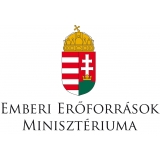 http://www.kormany.hu/hu/emberi-eroforrasok-miniszteriuma
http://www.kormany.hu/hu/emberi-eroforrasok-miniszteriuma -
 http://www.pnsz.hu/
http://www.pnsz.hu/ -
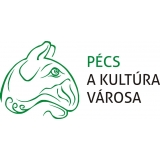 http://www.pecs.hu/
http://www.pecs.hu/ -
 Mischl Autóház
Mischl Autóház -
 Öko-Trade Ltd
Öko-Trade Ltd -
 Bóly and Vicinity Savings Bank
Bóly and Vicinity Savings Bank -
 Mecsekerdő Forestry Ltd
Mecsekerdő Forestry Ltd -
 http://www.deltakarek.hu/
http://www.deltakarek.hu/ -
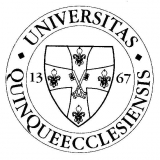 University of Pécs
University of Pécs -
 http://kloe.hu/
http://kloe.hu/ -
 http://www.lafarge.hu/
http://www.lafarge.hu/ -
 http://www.gondoldo.hu/
http://www.gondoldo.hu/

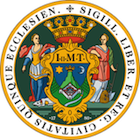
Gavrilov’s Paris in Pécs and Budapest
On November 21 at the Palace of Arts in Budapest and on November 22nd at the Kodály Centre in Pécs, the soloist partner of the Pannon Philharmonic was again a world-renowned pianist, Andrei Gavrilov.
It was not the first time that the pianist played together with the ensemble of Pécs. Last year, at the Pannon Philharmonic’s concert tour in Western Europe, at premier concert venues of Switzerland, and Germany', he performed with the orchestra at more than one concert, including the one at the grand hall of the Berlin Philharmonie, as well. In December 2013, at the introduction concert of that tour, he showed his unparalleled genius to the Pécs audience, too. Andrei Gavrilov has excellent relationship with the Pannon Philharmonic; after the tour, he immediately agreed with the orchestra in his ’encore’ in Pécs.
At these November concerts, Gavrilov’s piano playing could be enjoyed by the Pécs and Budapest audiences in the performance of Ravel's Piano Concerto for the Left Hand and Prokofiev’s Piano Concerto. Piano concertos written for the left hand already had existed prior to World War 1, but they got particularly popular after it, "thanks” to the Austrian pianist Paul Wittengstein who -after he had lost his right hand at the war- asked for a number of composers to write one-handed pieces. Compositions were born from Strauss, Prokofiev, and Korngold's pens, too, but the most popular one of the compositions became Maurice Ravel's Concerto, even though Wittengstein did not like it; before the premiere, he inscribed into the score, thus he made the composer mad at him, forever.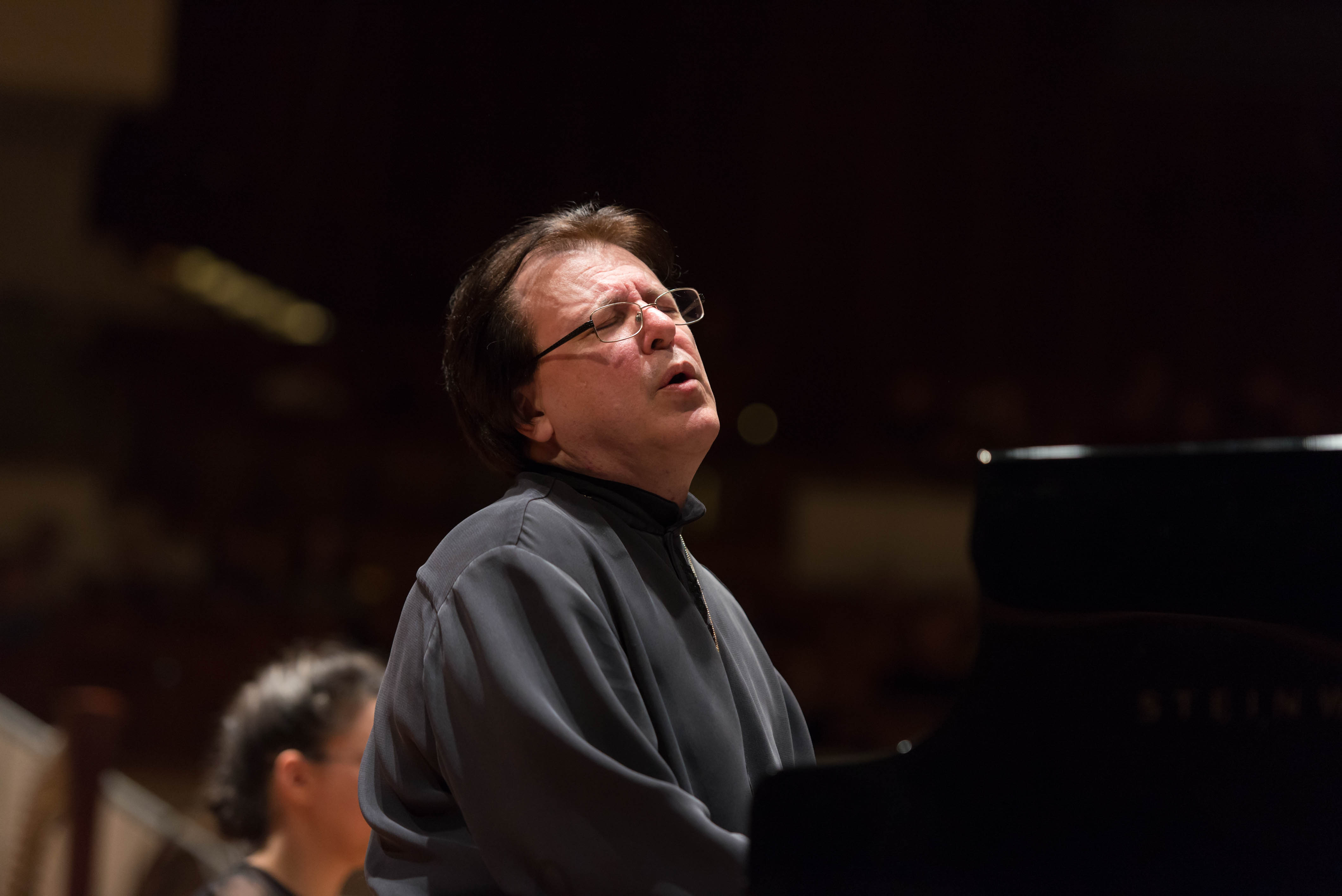 The programme of the concerts evoked the early 20th century’s Paris, which was crazy for oriental cultures, especially for the products and productions of the Czarist Russia. Dukas wrote his ballet La Peri on a commission of the Italian Ballet of Paris. It shows the Russian cultural invasion that Sergei Prokofiev also chose Paris as a residence for a while, while Ravel and Saint-Saëns were at home there. The impact of the intellectual effervescence characteristic of the early 20th century’s Paris is observable in the creative path of all of them.
The programme of the concerts evoked the early 20th century’s Paris, which was crazy for oriental cultures, especially for the products and productions of the Czarist Russia. Dukas wrote his ballet La Peri on a commission of the Italian Ballet of Paris. It shows the Russian cultural invasion that Sergei Prokofiev also chose Paris as a residence for a while, while Ravel and Saint-Saëns were at home there. The impact of the intellectual effervescence characteristic of the early 20th century’s Paris is observable in the creative path of all of them.
At the concerts, the Pannon Philharmonic was conducted by Tibor Bogányi principal conductor, for whom it was not the first time working with Andrei Gavrilov.
The Russian virtuoso pianist won the Tchaikovsky Competition after only half a year of post-secondary studies, thirty years ago; his career then went upwards in an extraordinary way. Namely a few years later, his five-year house arrest began; he got a passport in 1984, thank s to Gorbachev. After another five years later, reaching the zenith of his career, he retired from the performing art. Eight years later, after he had changed his piano technique, he returned again – for the joy of the world's musical elite and the Pannon Philharmonic.